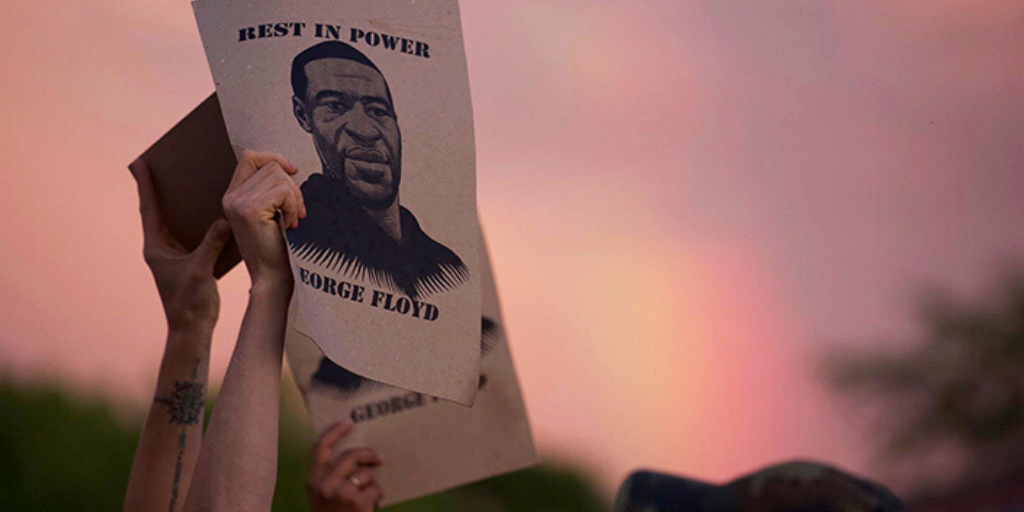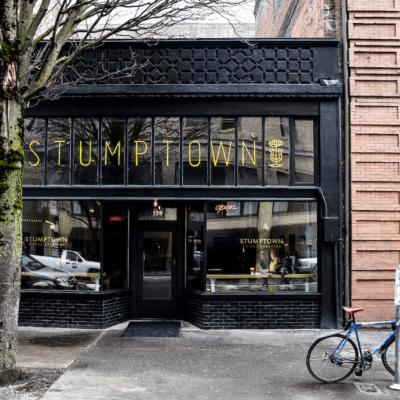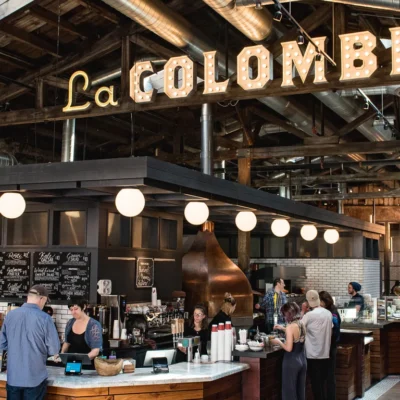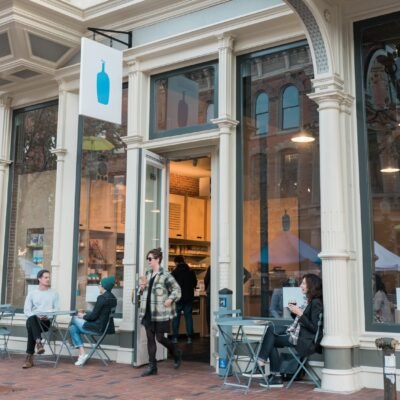
Five years after the tragic death of George Floyd on May 25, 2020, his name continues to resonate across the United States, stirring deep emotions and sparking renewed conversations about the state of the justice system. The viral video of former Minneapolis police officer Derek Chauvin kneeling on Floyd’s neck for over nine minutes, leading to his death, ignited a global movement against police brutality and systemic racism. Today, discussions on X and other platforms reflect both progress and setbacks in the fight for justice, as communities grapple with the legacy of Floyd’s death and its impact on policing and racial equity. This article explores how these reflections are unfolding and what they mean for America’s ongoing quest for fairness.
A Flashpoint for Change
George Floyd’s death was a turning point. The bystander video, captured by then-17-year-old Darnella Frazier, showed Floyd pleading, “I can’t breathe,” as Chauvin pressed his knee on his neck. The footage spread rapidly, fueling protests in cities across the U.S. and beyond. Millions marched, demanding an end to police violence and systemic racism. In Minneapolis, the intersection where Floyd died was transformed into George Floyd Square, a living memorial where people gather to honor his memory and push for change.
The immediate aftermath saw significant action. Chauvin was convicted of second-degree murder in 2021 and sentenced to 22.5 years in prison, one of the longest sentences ever given to a police officer for unlawful use of force. He also pleaded guilty to federal civil rights charges, receiving a concurrent 21-year sentence. The Minneapolis City Council awarded Floyd’s family a $27 million settlement in a wrongful death lawsuit, signaling acknowledgment of the tragedy’s impact. As Minnesota Attorney General Keith Ellison, who prosecuted Chauvin, noted, “The conviction was a rare step toward justice, but our work is far from over” [].
X as a Platform for Reflection
Five years later, X has become a vibrant space for reflecting on Floyd’s legacy. Posts on the platform highlight both the hope inspired by the 2020 protests and frustration over stalled reforms. For instance, a recent post by @jftaveira1993 quoted Derrick Johnson of the NAACP, stating, “The system that murdered George Floyd wasn’t broken. American policing continues to embrace racial profiling, gives officers latitude to be aggressive, and generally shields them from liability” []. This sentiment echoes a broader discussion on X, where users debate whether the justice system has meaningfully changed since 2020.
Events marking the fifth anniversary of Floyd’s death, such as a candlelight vigil in Minneapolis attended by hundreds, have been widely shared on X []. These gatherings, part of the annual Rise and Remember Festival at George Floyd Square, include live music, church services, and community discussions about racism and police reform. Yet, alongside these commemorations, X users have expressed dismay over recent rollbacks in reform efforts. The Trump administration’s decision to end federal oversight of police departments in Minneapolis and Louisville, announced just days before the anniversary, has drawn sharp criticism. Civil rights lawyer Ben Crump, who represented Floyd’s family, called the move an attempt to “erase truth and contradict the principles for which justice stands” [].

The Push and Pull of Reform
The George Floyd case spurred significant reform efforts. In 2021, the Democratic-controlled House passed the George Floyd Justice in Policing Act, aiming to curb qualified immunity, a legal defense that often protects officers from civil rights claims. However, the bill stalled in the Senate, and momentum for federal reform has since waned []. In Minneapolis, the city council approved a federal consent decree in January 2025 to overhaul police training and use-of-force policies, a step hailed by Mayor Jacob Frey as a commitment to “constitutional policing” []. Yet, the Trump administration’s recent decision to scrap these agreements has raised concerns about the future of local reforms.
On X, users have highlighted both progress and setbacks. Some point to Minneapolis’s efforts to transform George Floyd Square into a permanent memorial, with plans for a flexible layout that balances traffic flow with space for remembrance []. Others express frustration over incidents that suggest little has changed. For example, a Minneapolis officer’s use of a chemical-filled projectile during the 2020 protests left a teenager legally blind in one eye, raising questions about excessive force []. These stories fuel debates on X about whether the justice system can deliver accountability.
Controversies and Misinformation
The case has also reignited controversial narratives. Some X users and public figures have resurfaced claims, refuted by medical evidence, that Floyd died of a drug overdose rather than asphyxiation. These arguments, often tied to calls for Chauvin’s pardon, have been amplified by figures like Representative Marjorie Taylor Greene, though medical experts at Chauvin’s trial confirmed Floyd’s death was due to “cardiopulmonary arrest complicating law enforcement subdual, restraint, and neck compression” []. The Hennepin County Medical Examiner classified the death as a homicide, and a pulmonologist testified that even a healthy person would have struggled to survive Chauvin’s restraint.
These debates have stirred tension on X, with some users arguing that revisiting such claims disrespects Floyd’s memory and undermines the broader movement for justice. Shareeduh McGee, Floyd’s cousin, expressed disappointment at a Houston event, saying, “His death was in vain” as she reflected on the rollback of racial equity efforts []. The destruction of a famous Floyd mural in Houston and the removal of Black Lives Matter Plaza in Washington, D.C., have further fueled discussions about erasing his legacy [].
A Nation Still Divided
The reflections on X reveal a nation still grappling with division. A 2025 Pew Research Center survey found that Americans are skeptical about whether the focus on racial issues post-2020 improved Black people’s lives, with Democrats and Republicans differing sharply on whether conditions have changed []. The Black Lives Matter movement, which peaked in popularity during the 2020 protests, has seen declining support amid a broader backlash against diversity, equity, and inclusion initiatives.
For many, George Floyd Square remains a symbol of hope and resilience. Angela Harrelson, Floyd’s aunt, visits the site regularly, finding solace in its role as a “safe haven” for reflection []. She shared a powerful story of meeting a former white supremacist at the memorial, whose views shifted after witnessing Floyd’s death. Such encounters highlight the potential for change, even as the nation faces setbacks.
Looking Forward
As discussions on X continue, the George Floyd case remains a lens through which Americans view the justice system. The anniversary events, from candlelight vigils to community talks, show a commitment to keeping Floyd’s memory alive. Yet, the rollback of federal oversight, stalled legislation, and persistent controversies underscore the challenges ahead. Minneapolis leaders, including Mayor Frey, emphasize the need to “show the rest of the world what good constitutional policing looks like” []. Meanwhile, advocates like Philonise Floyd, George’s brother, continue to push for reform, undeterred by resistance [].
The conversations on X reflect a human struggle to balance grief, anger, and hope. They remind us that Floyd’s death was not just a tragedy but a call to action—one that continues to echo, challenging the U.S. to confront its past and build a more just future. As one X user put it, “George Floyd’s legacy isn’t just a moment; it’s a movement that won’t stop until justice is real” [].
For You :- Biden Administration Faces Scrutiny Over Middle East Foreign Policy Shifts






